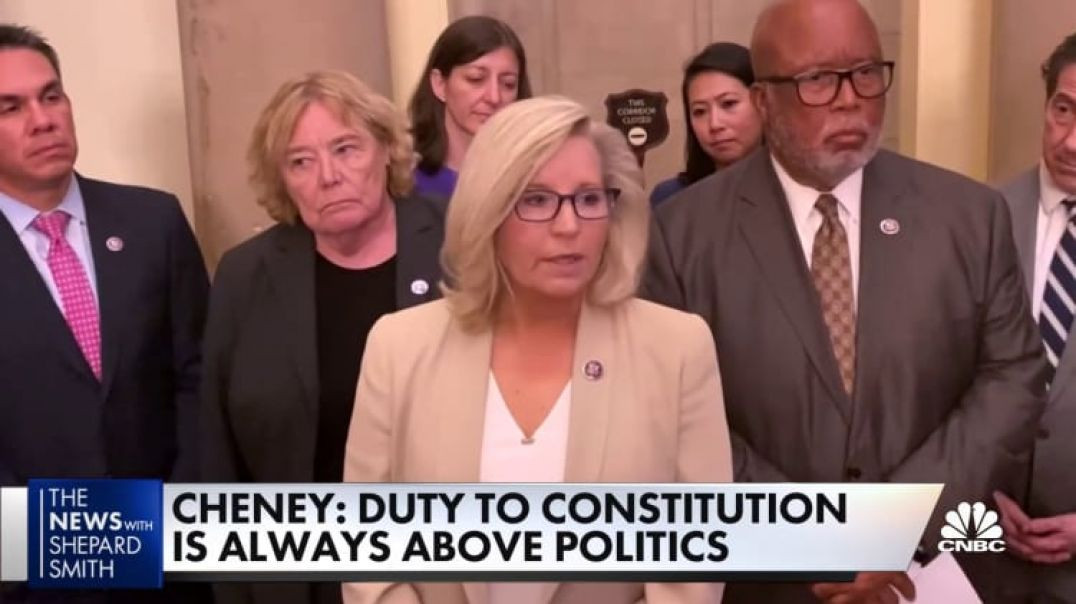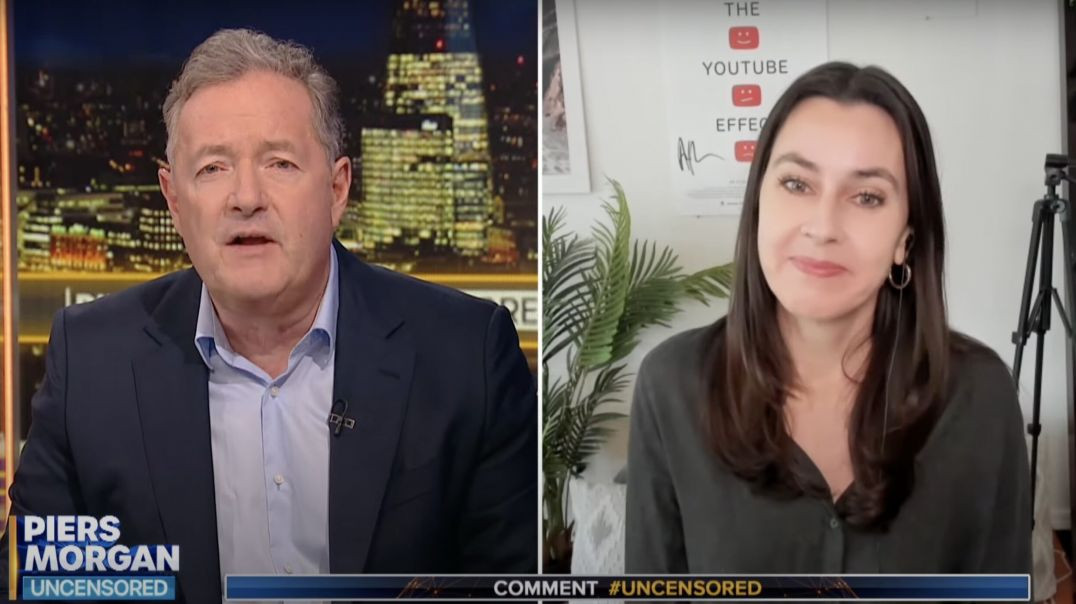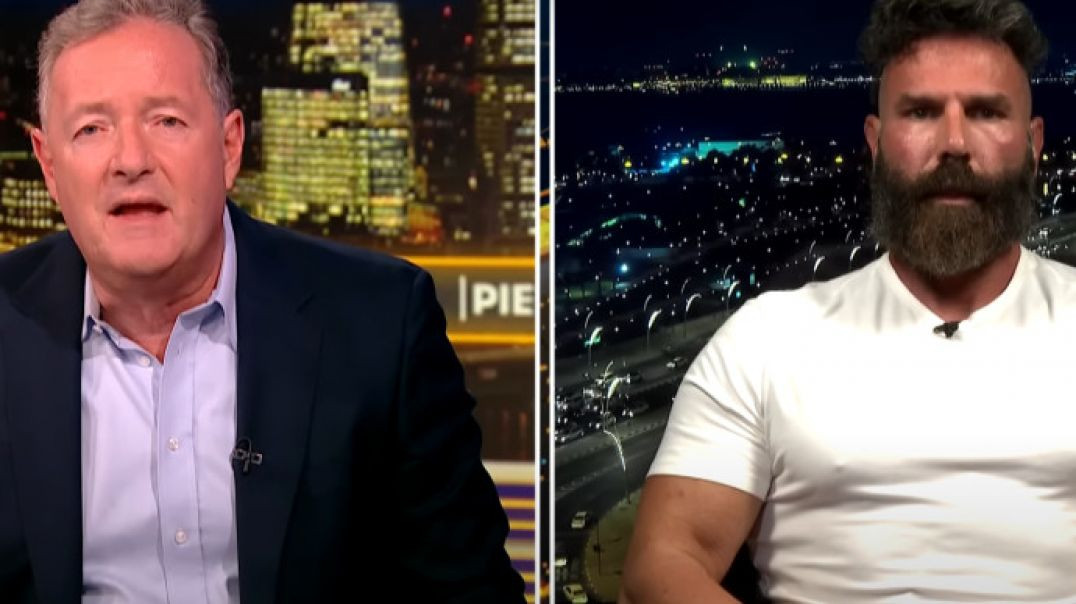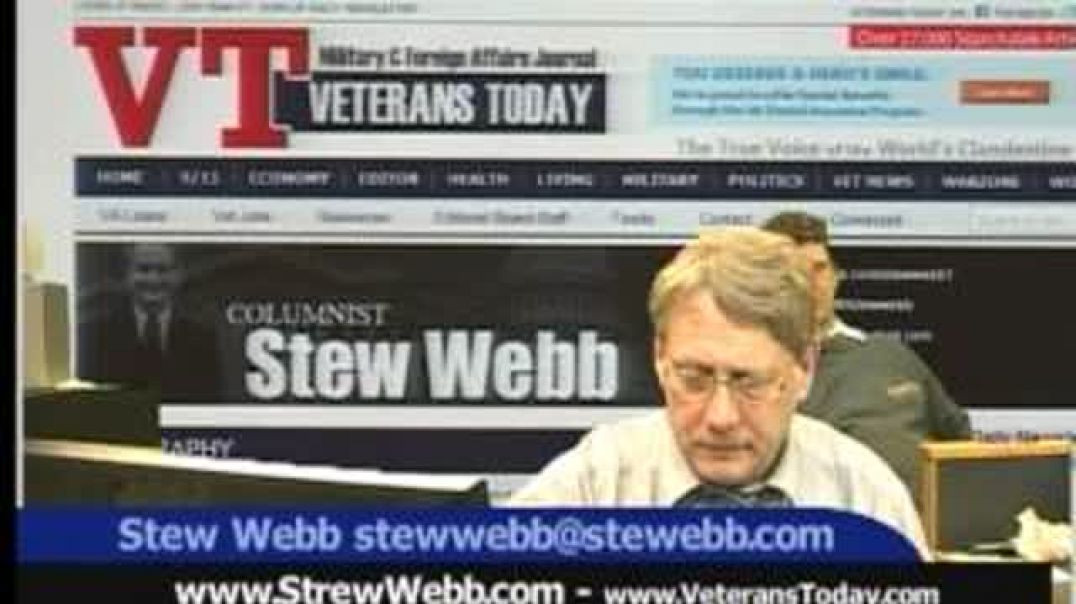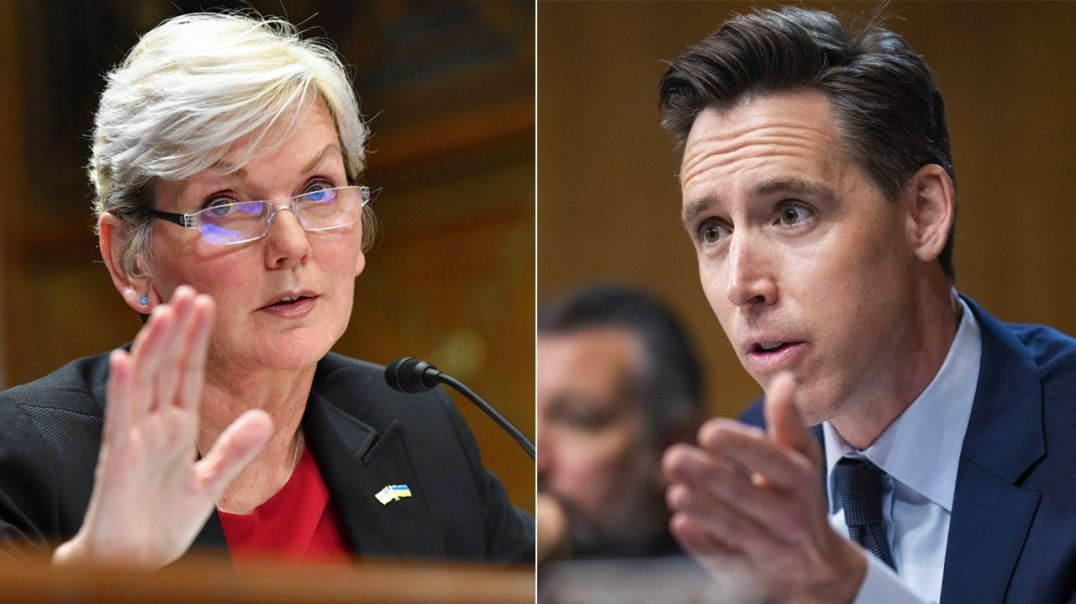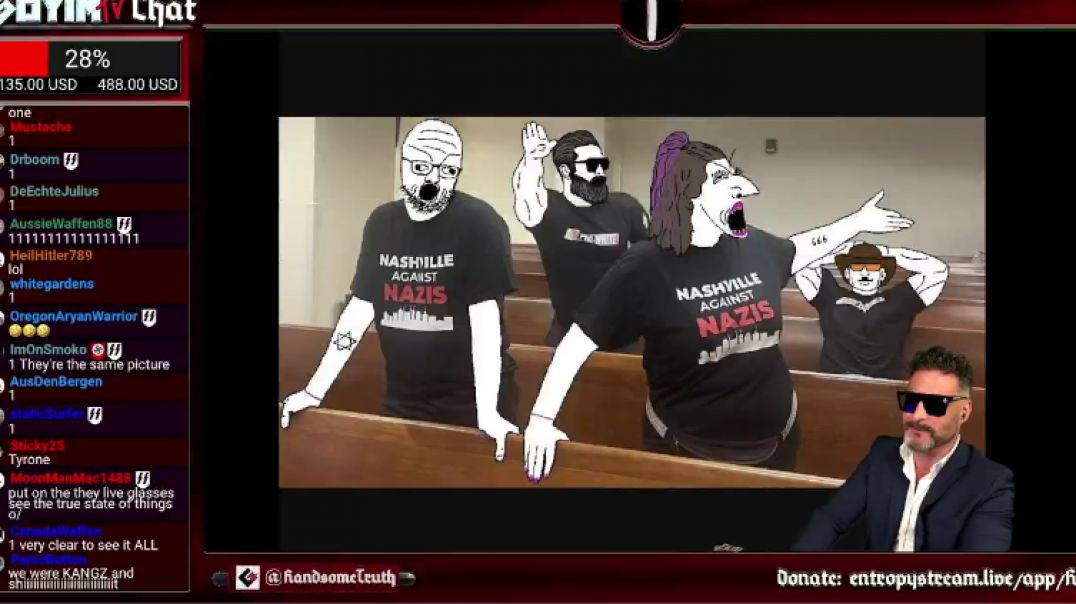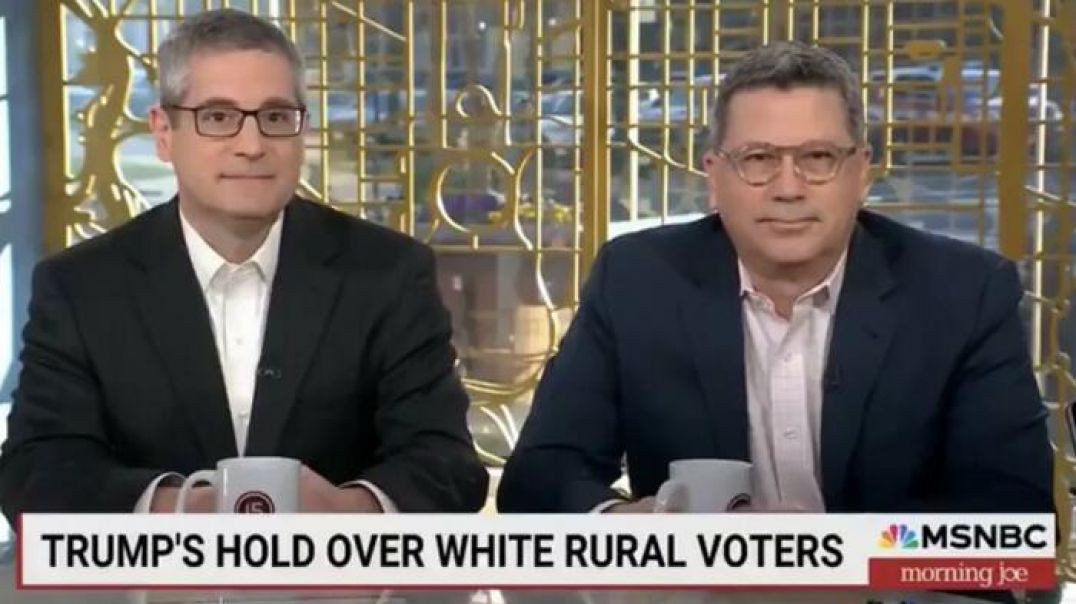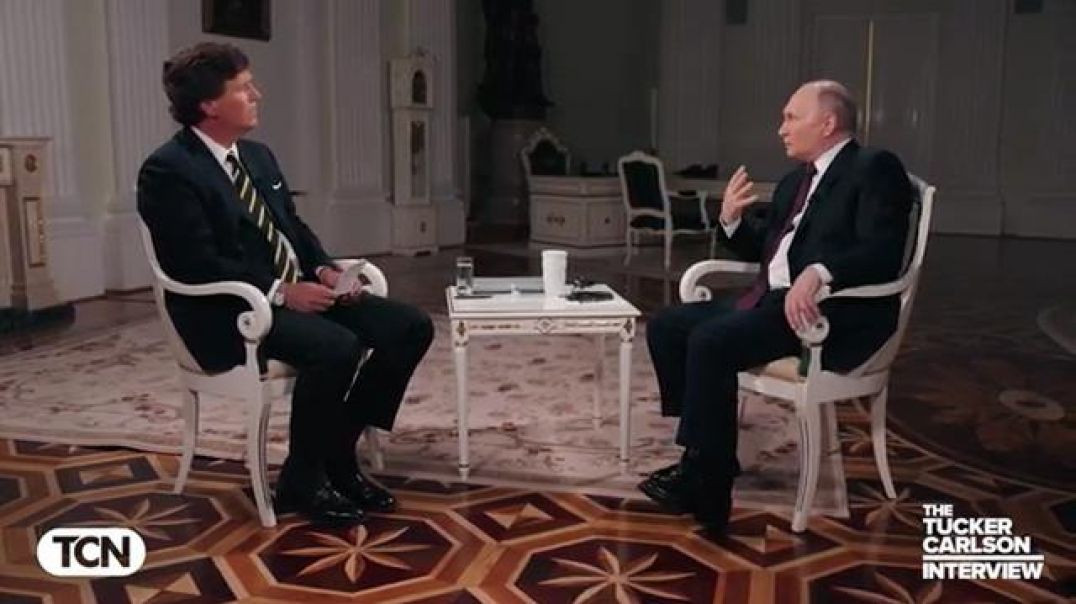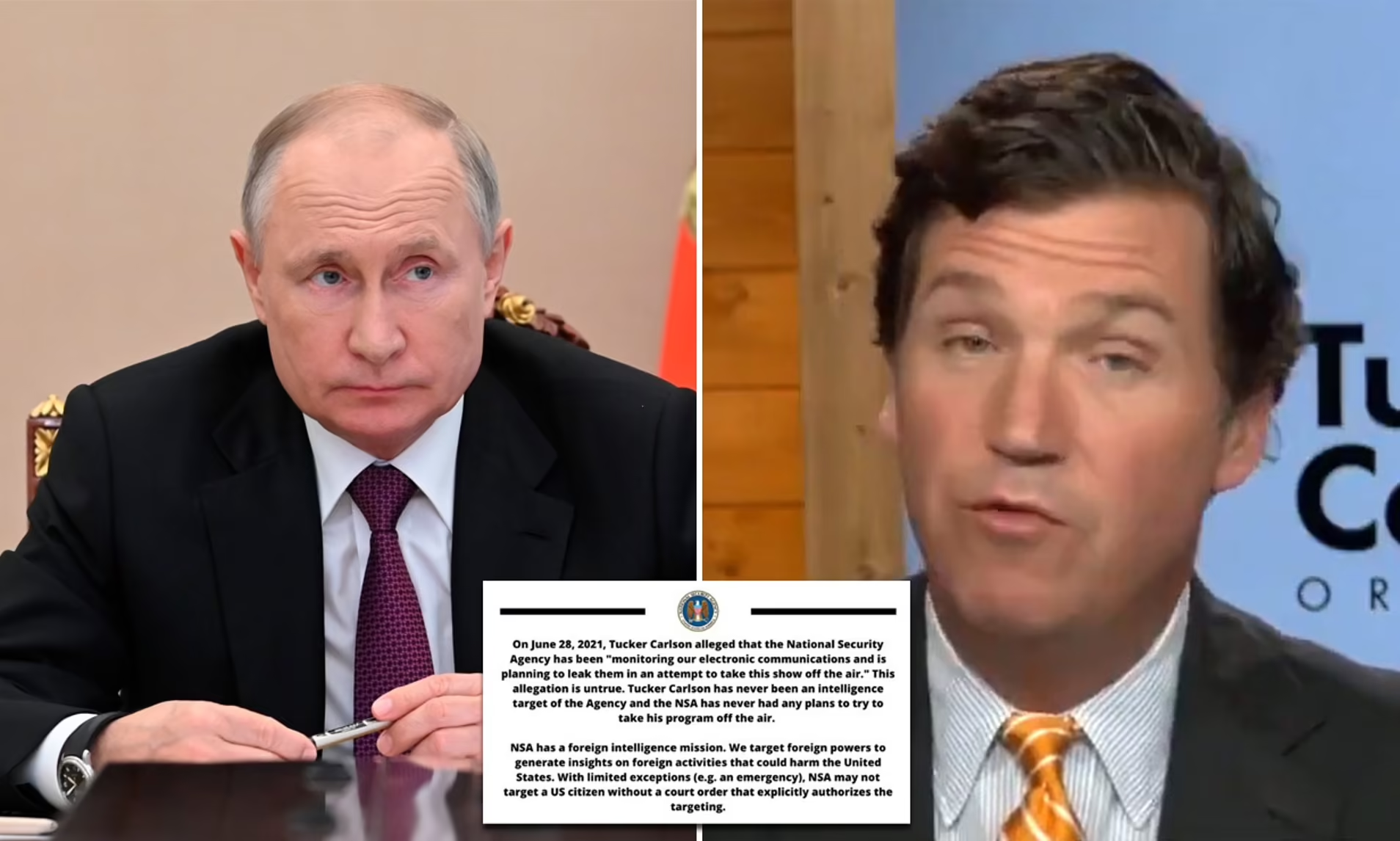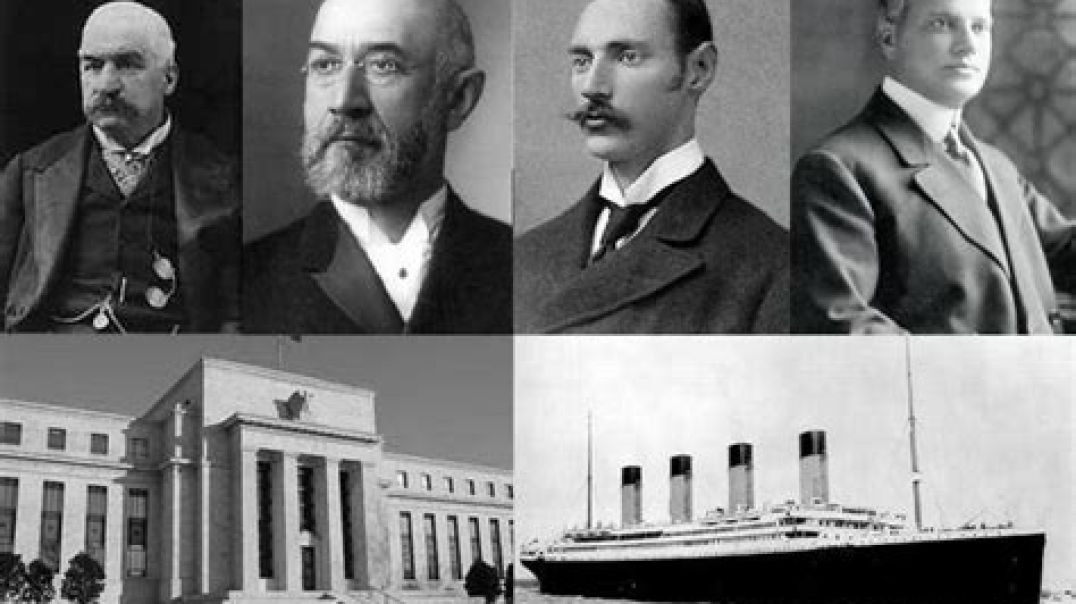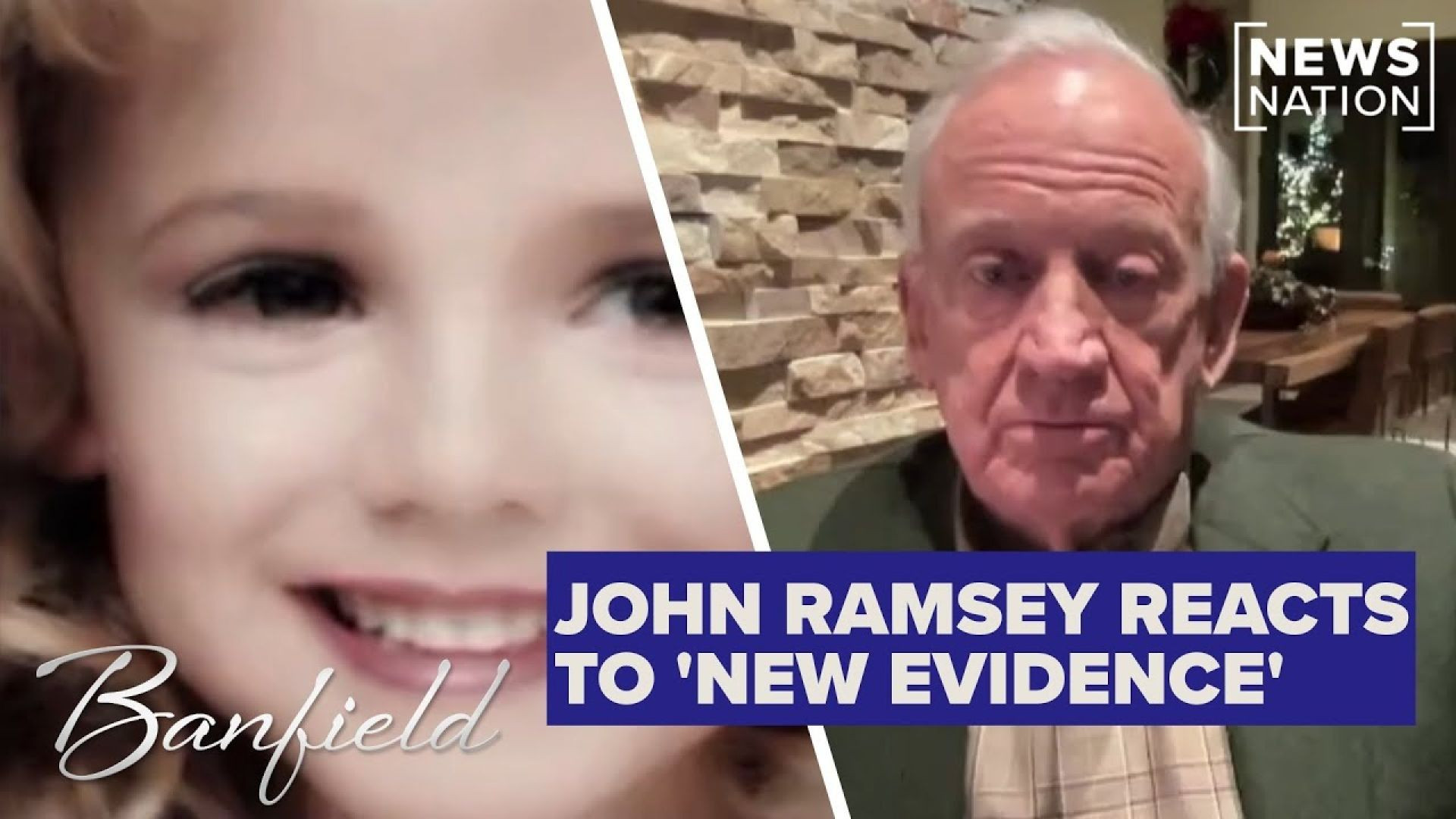Live streaming on Altcast.TV is now available!
AMY GOODMAN INTERVIEWS ALAYNE FLEISCHMANN 🎙 ON JP MORGAN'S MALFEASANCE
From the vaults of VfB 🤓
Movements need whistle-blowers, whistle-blowers need movements
Kate Aronoff November 10, 2014
In the last scene of “Citizenfour,” Laura Poitras’s acclaimed new documentary about National Security Agency whistle-blower Edward Snowden, he and Glenn Greenwald are shown chatting over scribbles on pieces of paper. The implication is that there’s a new government whistle-blower, someone higher up than Snowden who has leaked damning new documents to journalist Jeremy Scahill, Greenwald and Poitras’ colleague at The Intercept. Last week, another whistle-blower went public, but not from the government.
In a feature for Rolling Stone, Matt Taibbi tells the story of Alayne Fleischmann, a former securities lawyer for JPMorgan Chase who the bank spent $9 billion trying to keep quiet.
Taibbi describes Fleischmann’s position as that of a “quality-control officer,” evaluating securities to ensure that the bank wasn’t taking in spoiled product to sell out again. The trouble was that the loans were rotten from the start: Chase, along with most other major banks, issued sub-prime mortgages to borrowers they knew would have difficulty paying them back. Fleischmann recounts one loan issued to a manicurist approved after claiming an annual income of $117,000 — by Fleischmann’s calculation, a sum it would have taken the same manicurist 488 days to accrue.
The real trouble came when these risky loans were grouped together en masse and repacked into mortgage-backed securities — which are nothing new in financial markets, but banks like Chase had discovered that by simply lowering their standards (and flat-out deceiving borrowers) they could begin selling more of them and raking in more profit. These packages were sold off to pension funds and other investors without mention of the fact that it was only a matter of time before their value plummeted.
Taibbi describes one instance in which Fleischman’s team was asked to evaluate a $900 million security from a firm called GreenPoint. They quickly realized the package contained loans that had already been rejected by either Chase or another bank. They were pressured to repackage the GreenPoint security as if it were brand new. As Taibbi, noted, it was “like putting a fresh coat of paint on a bunch of junkyard wrecks and selling them as new cars.”
When the loans finally started going sour in 2007, so did the economy. Soon after the stock market crashed in October, millions lost pensions and 401Ks. The borrowers who’d taken out the sub-prime loans in the first place — and were promised better lives — had already found their property seized by the same banks who’d lied to them in the first place. Property values sunk to the point where even relatively secure homeowners were left out on the streets:
Enter the housing bubble and the Great Recession.
Fleischmann tried to report the toxic loans back in 2006 when she started working for Chase, but hit a series of walls: First from her supervisors, then from the Department of Justice and the Securities and Exchange Commission. When she finally did get through to regulatory agencies, after she had quit her job with Chase and moved back to her native Canada, Attorney General Eric Holder’s office within the Justice Department used her testimony from the ensuing investigation to broker a deal with Chase to the tune of $9 billion. Chase would avoid prosecution, and Fleischmann would be sworn to secrecy.
Before coming forward to Taibbi, even Fleischmann’s family was unaware of the scope of her work on Wall Street. Explaining why she finally decided to break her silence, she told Taibbi, “I could be sued into bankruptcy … I could lose my license to practice law. I could lose everything. But if we don’t start speaking up, this is really all we’re going to get: The biggest financial cover-up in history.” Still, it may be months or years before JPMorgan Chase CEO Jamie Dimon and his co-workers see trial.
All this begs the question: What should the relationship between movements and whistle-blowers be? Unsettling as they are, the details above will hardly surprise those familiar with Wall Street’s usual sleaze. They may just offer the legal grounding necessary to bring Dimon and company to justice. Occupy Wall Street is somewhere in the background of Taibbi’s piece, but who’s continuing to hold the fire under the Justice Department to stop brokering deals and start pressing charges? Taibbi mentions that repeated government deals between banks and so-called regulators fed the fire of Occupy, but why is it that — almost nine years later — not one person involved with the GreenPoint deal has been held to account?
Read the rest at the thumbnail URL
Thumbnail: https://wagingnonviolence.org/....2014/11/movements-ne
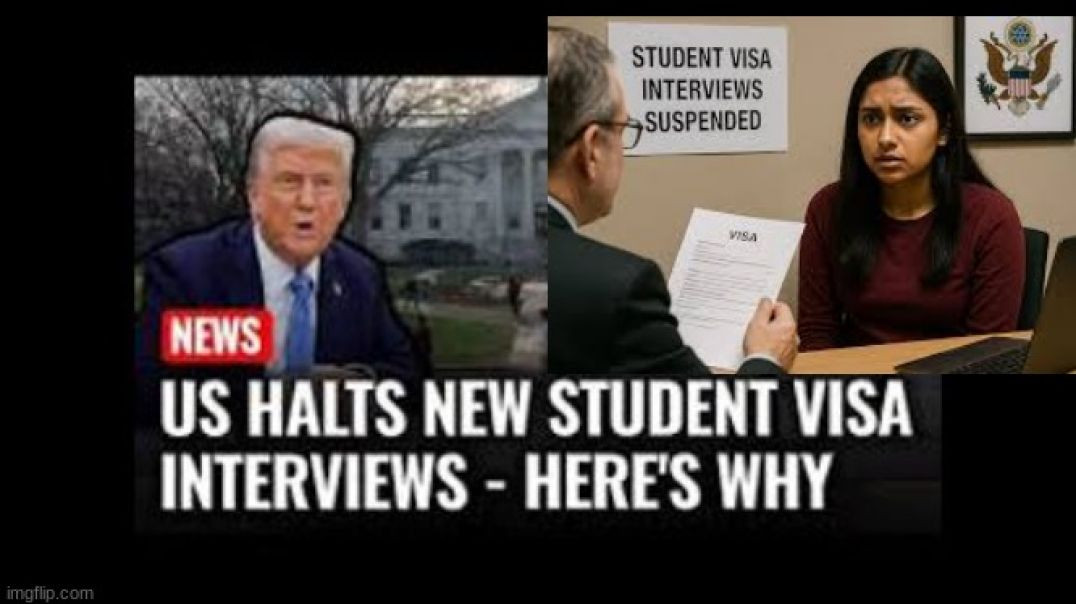
![MARC LAMONT HILL GETS 🦍 THE OOGA BOOGAS ON PIERS MORGAN [THE PROFESSOR CORNELIUS CHIMPOUT]](https://s3.us-central-1.wasabisys.com/altcast1/upload/photos/2025/05/dNGuWbpH27dDKBbERGve_07_7e759575187e41e4efd1b17a5dbf6a30_image.png)

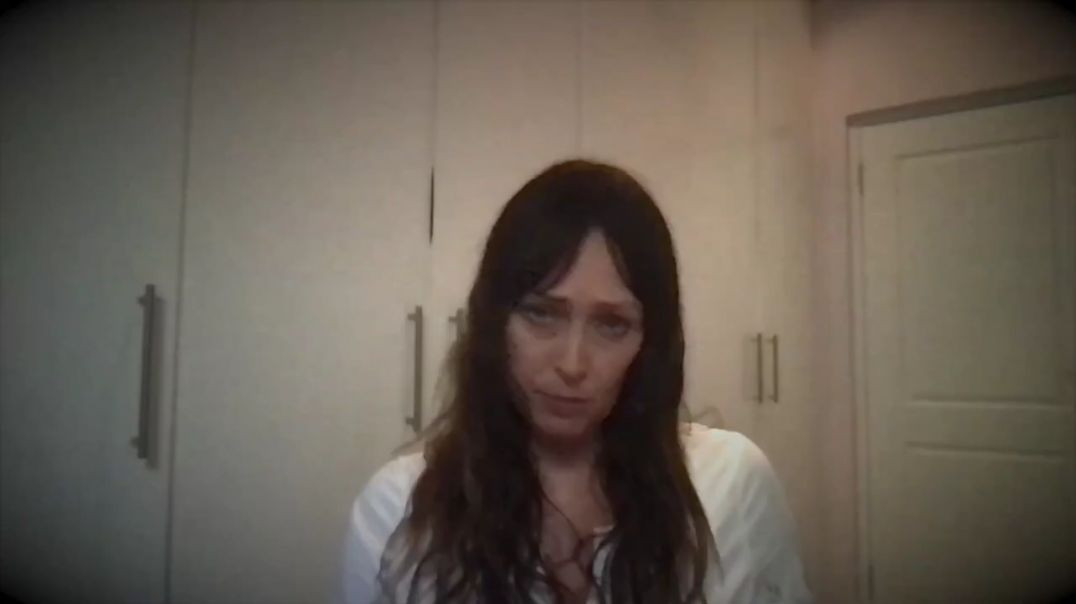
![C-SPAN INTERVIEWS 👻 SPACE GHOST [RIP GEORGE LOWE]](https://s3.us-central-1.wasabisys.com/altcast1/upload/photos/2025/03/cHZgxVsq8676KZ1eLG4G_05_6dba6771e93ad3037ac4eabc32a31a1f_image.jpg)
